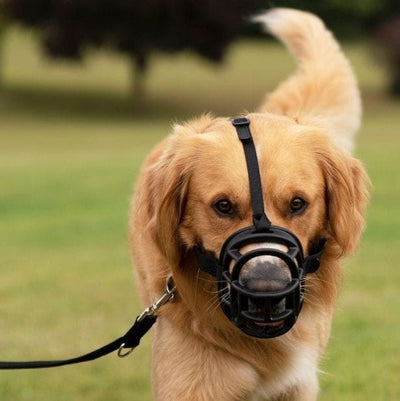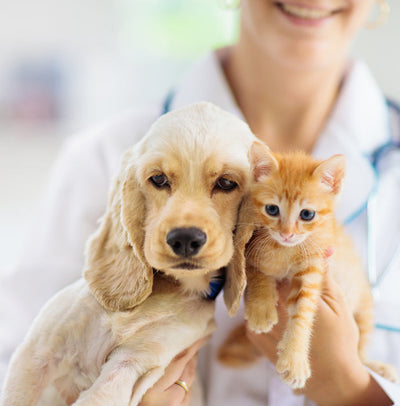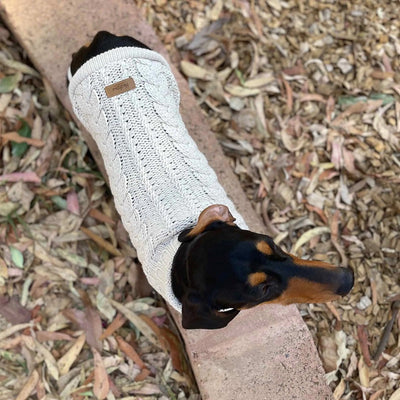
Before you decide to bring a guinea pig into your family, it's important to ask yourself whether a guinea pig is the right pet for you. From housing requirements to personality traits and dietary needs, this guide can help you assess if having a guinea pig is the best choice for your family.
Ensure You Have Enough Time to Play with and Care for a Guinea Pig.
Guinea pigs need plenty of TLC and interaction to stay happy and healthy. Therefore, it's important to make sure you have enough time for playtime, cage cleaning, grooming, and bonding with your guinea pig. It's recommended that you spend at least 5-10 minutes every day playing with your guinea pig to ensure they get enough exercise and attention.
Guinea pigs are social animals and are known for their vocalisations. They use a variety of sounds to communicate with each other and with their human caretakers.
Some common vocalisations that guinea pigs make include:
-
Wheeking: A loud, high-pitched noise that guinea pigs make when they are excited or hungry. They may also make this sound when they hear the sound of their food being prepared.
-
Purring: A low, vibrating sound that guinea pigs make when they are content and relaxed. They may also make this sound when they are being petted or held.
-
Chattering: A rapid, teeth-chattering sound that guinea pigs make when they are scared or nervous.
-
Chirping: A soft, bird-like sound that guinea pigs make to indicate that they are happy and relaxed.
-
Hissing: A hissing sound that guinea pigs make when they feel threatened or are trying to establish dominance.
By listening to and understanding guinea pig vocalizations, owners can better understand their pets' needs and emotions. It is also important to provide guinea pigs with plenty of social interaction and enrichment to keep them happy and healthy.
Research Any Potential Health Issues with Guinea Pigs
Before committing to getting a guinea pig, it's important to do some research into the potential health issues they face. They can also develop skin infections or parasites which require careful monitoring and treatment. Knowing what issues your guinea pig might face will help you better plan for their healthcare needs in the future.
Guinea pigs require a consistent supply of vitamin C in their diet because, like humans, they cannot produce it on their own. Without enough vitamin C, they are at risk of developing scurvy, a condition that can have serious consequences.
Symptoms of scurvy in guinea pigs include:
- Loss of appetite
- Lethargy or depression
- Weight loss
- Rough, dry, or flaky skin
- Swollen or painful joints
- Bleeding from the gums or nose
- Diarrhea
- Difficulty walking or standing
- Hair loss
- Dental problems, such as loose or missing teeth.
If left untreated, scurvy can lead to more serious health problems, including internal bleeding, anemia, and even death. Therefore, it is crucial to provide guinea pigs with an adequate supply of vitamin C in their diet, either through a vitamin C supplement added to their water, and fresh fruits and vegetables high in vitamin C.
Guinea pigs require a lot of roughage in their diet because they are herbivores and their digestive system is adapted to process fibrous plant material. Roughage, also known as fiber, is an essential component of their diet because it provides bulk to their food, which helps to keep their digestive system functioning properly.
Without enough roughage, guinea pigs are at risk of developing digestive problems, including constipation and diarrhea. Additionally, the lack of fiber in their diet can cause their teeth to overgrow, leading to dental problems and discomfort.
Roughage can be provided to guinea pigs through hay, such as timothy hay, as well as fresh vegetables, fruits, and other plants. It is important to provide a variety of different types of roughage to ensure that guinea pigs receive a balanced and nutritious diet. By including plenty of roughage in their diet, guinea pigs can maintain a healthy digestive system and overall health.
Housing Requirements of Guinea Pigs.
Guinea pigs require a spacious and comfortable living environment to stay healthy and happy. Here are some housing requirements to consider when setting up a home for your guinea pig:
-
Cage size: Guinea pigs need plenty of space to move around and exercise. We recommend our popular A frame outdoor hutch or the Pet One small animal indoor enclosure.
-
Cage type: Guinea pigs should be housed in a cage with solid flooring, as
wire flooring can cause injury to their feet. The cage should also have a secure door and be made of a non-toxic material, such as metal or plastic. -
Bedding: Guinea pigs need soft and absorbent bedding to keep their cage clean and dry. Options include paper-based bedding, fleece, or aspen shavings.
-
Hideouts: Guinea pigs need a place to retreat and feel safe. Providing
hideouts, such as igloos tunnels can help them feel secure. -
Toys and enrichment: Guinea pigs are social animals and need plenty of stimulation to prevent boredom. Providing toys, such as tunnels and chew toys, as well as daily interaction and playtime can help keep them happy and healthy.
-
Location: Guinea pig cages should be located in a draft-free area, away from direct sunlight and extreme temperatures. The ideal temperature range for guinea pigs is between 18-24°C. They can tolerate more extreme variations of temperature as
long as their is adequate shelter, food and water.
-
Cleaning: Guinea pig cages should be cleaned regularly, at least once a week, to prevent odor and bacterial buildup.
By providing a suitable living environment, guinea pigs can thrive and enjoy a happy and healthy life.
Learn about the Physical and Emotional Requirements for Keeping a Guinea Pig
Keeping a pet can be quite a responsibility, and guinea pigs are no exception. It's important to make sure you're up for the task and learn as much as possible about their physical and emotional requirements. Guinea pigs need regular exercise, a diet rich in fresh vegetables and hay, clean bedding, an adequate-sized cage, lots of stimulating toys, and companionship. They also need daily handling to build trust with their owners – failure to provide these elements may lead to health problems.
Learn the Pros and Cons of Owning a Guinea Pig
Before making the decision to get a guinea pig, it's important to make sure that your family is aware of the pros and cons. On the plus side, guinea pigs are relatively low-maintenance pets with minimal grooming requirements, and they tend to live from five to seven years. On the other hand, guinea pigs aren't ideal if you have young children or other pets in the household; they're easily startled and may not fare well with sudden changes or loud noises. Additionally, since they are small animals, they require a lot of attention and regular handling.
Assess Your Ability to Care for a Guinea Pig
Before you make the decision to get a pet guinea pig, it's important to assess your family's ability to care for one. This means taking into account both the financial and time commitments involved with owning a small pet. As previously mentioned, guinea pigs require regular handling and attention; they also need to be fed twice a day, provided with fresh bedding regularly, and taken for vet check ups regularly. Additionally, depending on the size of your home or yard, you may need to invest in an enclosure for your guinea pig.
For more information about caring for guinea pigs, read out pet care guide here!
© weknowpets 2023










